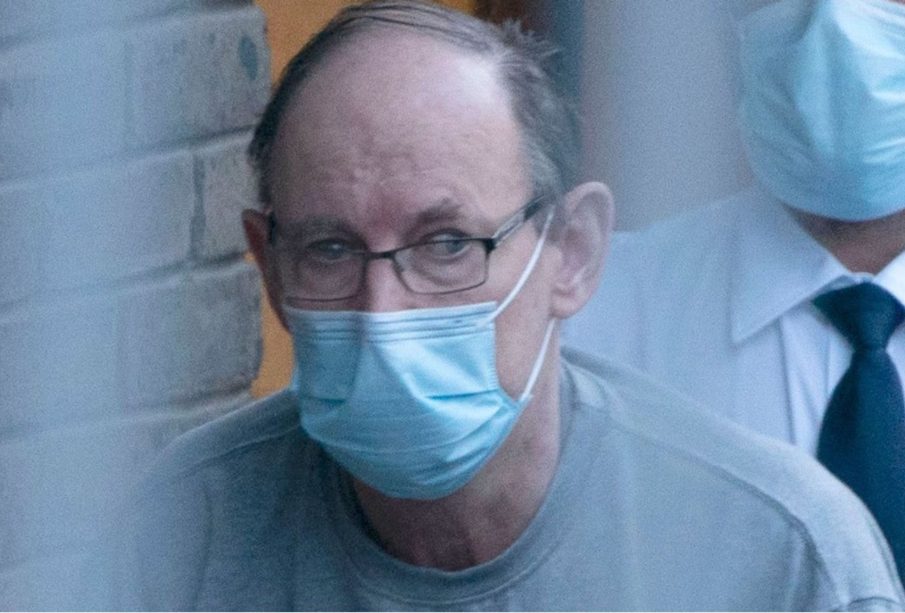The Latest Developments in the David Fuller Case

Introduction
The case of David Fuller has drawn considerable media attention due to its shocking nature and the legal implications surrounding it. Fuller, a convicted killer, was sentenced to life imprisonment for the gruesome murder of two women in 1987. His case raises essential questions about justice, victim support, and societal safety, making it a topic of ongoing public interest.
Background of the Case
David Fuller was arrested in 2020 after a cold case review linked him to the murders of 16-year-old Theresa De Simone and 20-year-old Joan Harrison. The meticulous investigation revealed DNA evidence that had remained undiscovered for decades. The court found that Fuller had committed particularly heinous acts, which has ignited debates about the effectiveness of the UK’s policing methods in cold case investigations.
Recent Developments
In September 2023, Fuller was officially sentenced, receiving a life term with a minimum of 36 years before eligibility for parole. The judge described the murders as “brutal and senseless” and highlighted Fuller’s lack of remorse. Fuller’s legal team has announced plans to appeal the conviction on the grounds of the reliability of the DNA evidence presented during the trial. This latest twist adds another layer of complexity to an already distressing case.
In addition to the legal proceedings, various victims’ advocacy groups have responded strongly to Fuller’s sentencing, calling for enhanced support systems for victims’ families. They are urging reforms to ensure that such cold cases receive urgent attention and resources, so that future victims are safeguarded against similar fates.
Conclusion
The case of David Fuller continues to evolve, sparking discussions about criminal justice reform and victim advocacy. As the appeal process unfolds, it remains to be seen how it will affect the perception of justice in such cases. The ongoing attention to the Fuller case underscores the need for a collaborative approach between law enforcement and community support systems to address historical injustices and improve societal safety. Readers remain encouraged to stay informed as developments occur, which will likely influence future discussions around similar cases.








